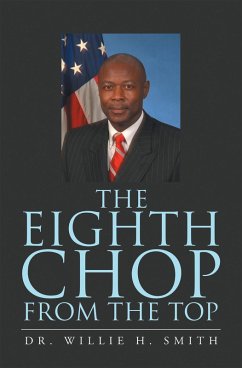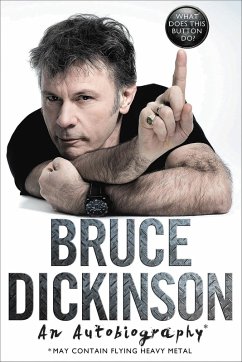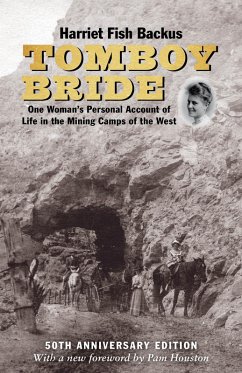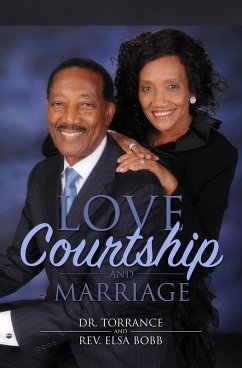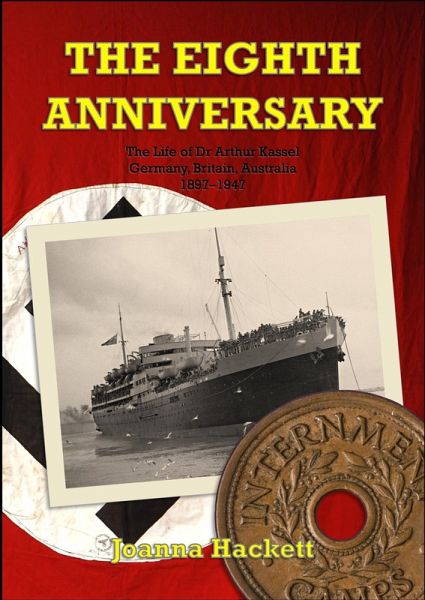
The Eighth Anniversary (eBook, ePUB)

PAYBACK Punkte
0 °P sammeln!
In 1997, on my fiftieth birthday and on the fiftieth anniversary of Dr Arthur Kassel's death, I began researching the story of his life. I knew where his life ended but I did not know where it began, or the path he was forced to take between the two. I soon realised that the subject was immense, covering much more ground than I had initially imagined, both geographically and emotionally.I wondered, at times, why I was bothering with one man's life. Why bother with one? One ruined life doesn't count for much when we are talking in millions of ruined lives. After all, the death toll for World Wa...
In 1997, on my fiftieth birthday and on the fiftieth anniversary of Dr Arthur Kassel's death, I began researching the story of his life. I knew where his life ended but I did not know where it began, or the path he was forced to take between the two. I soon realised that the subject was immense, covering much more ground than I had initially imagined, both geographically and emotionally.
I wondered, at times, why I was bothering with one man's life. Why bother with one? One ruined life doesn't count for much when we are talking in millions of ruined lives. After all, the death toll for World War II approaches eighteen million military personnel and thirty million civilians. The figures are so large that accuracy blurs. Add in those who perished during forced migrations and the figure edges towards sixty million. Consider that this sixty million doesn't include the wounded, the displaced or the bereft. In the face of such numbers, what does it matter if one ordinary man's life has been destroyed? One is nothing.
But if you don't care about one, how can you care about two, or three ... or three hundred? How can you care about sixty million if you don't care about one? I cannot imagine sixty million, but I can imagine one.
Arthur Kassel survived two world wars and died in a time of peace. He was, even so, very much a casualty of war. In the last years of his life, he served Australia well. I believe he should not be forgotten, for his story is part of our history. His story is part of our story.
I wondered, at times, why I was bothering with one man's life. Why bother with one? One ruined life doesn't count for much when we are talking in millions of ruined lives. After all, the death toll for World War II approaches eighteen million military personnel and thirty million civilians. The figures are so large that accuracy blurs. Add in those who perished during forced migrations and the figure edges towards sixty million. Consider that this sixty million doesn't include the wounded, the displaced or the bereft. In the face of such numbers, what does it matter if one ordinary man's life has been destroyed? One is nothing.
But if you don't care about one, how can you care about two, or three ... or three hundred? How can you care about sixty million if you don't care about one? I cannot imagine sixty million, but I can imagine one.
Arthur Kassel survived two world wars and died in a time of peace. He was, even so, very much a casualty of war. In the last years of his life, he served Australia well. I believe he should not be forgotten, for his story is part of our history. His story is part of our story.
Dieser Download kann aus rechtlichen Gründen nur mit Rechnungsadresse in A, B, CY, CZ, D, DK, EW, E, FIN, F, GR, H, IRL, I, LT, L, LR, M, NL, PL, P, R, S, SLO, SK ausgeliefert werden.




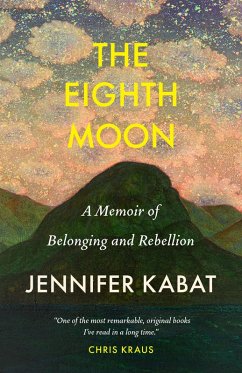
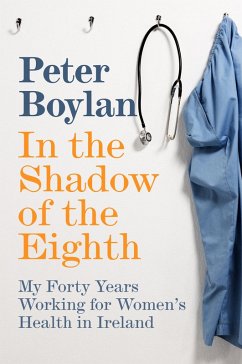
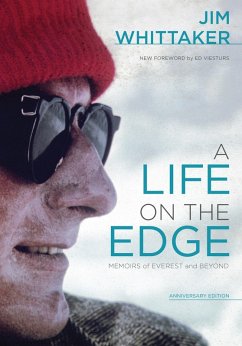
![Autobiography of a Face [Thirtieth Anniversary Edition] (eBook, ePUB) Cover Autobiography of a Face [Thirtieth Anniversary Edition] (eBook, ePUB)](https://bilder.buecher.de/produkte/70/70456/70456057n.jpg)
